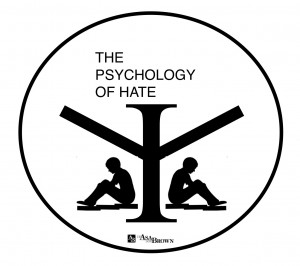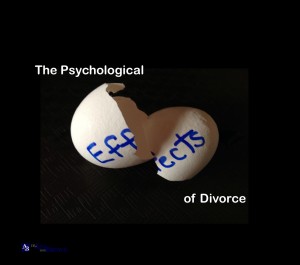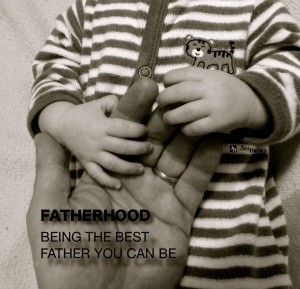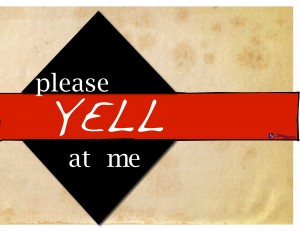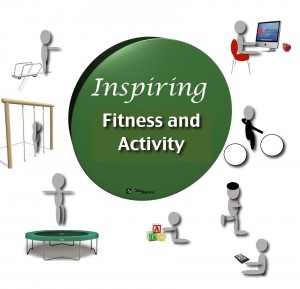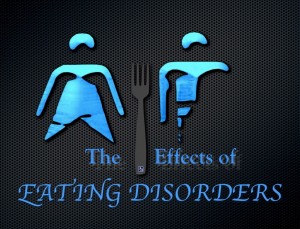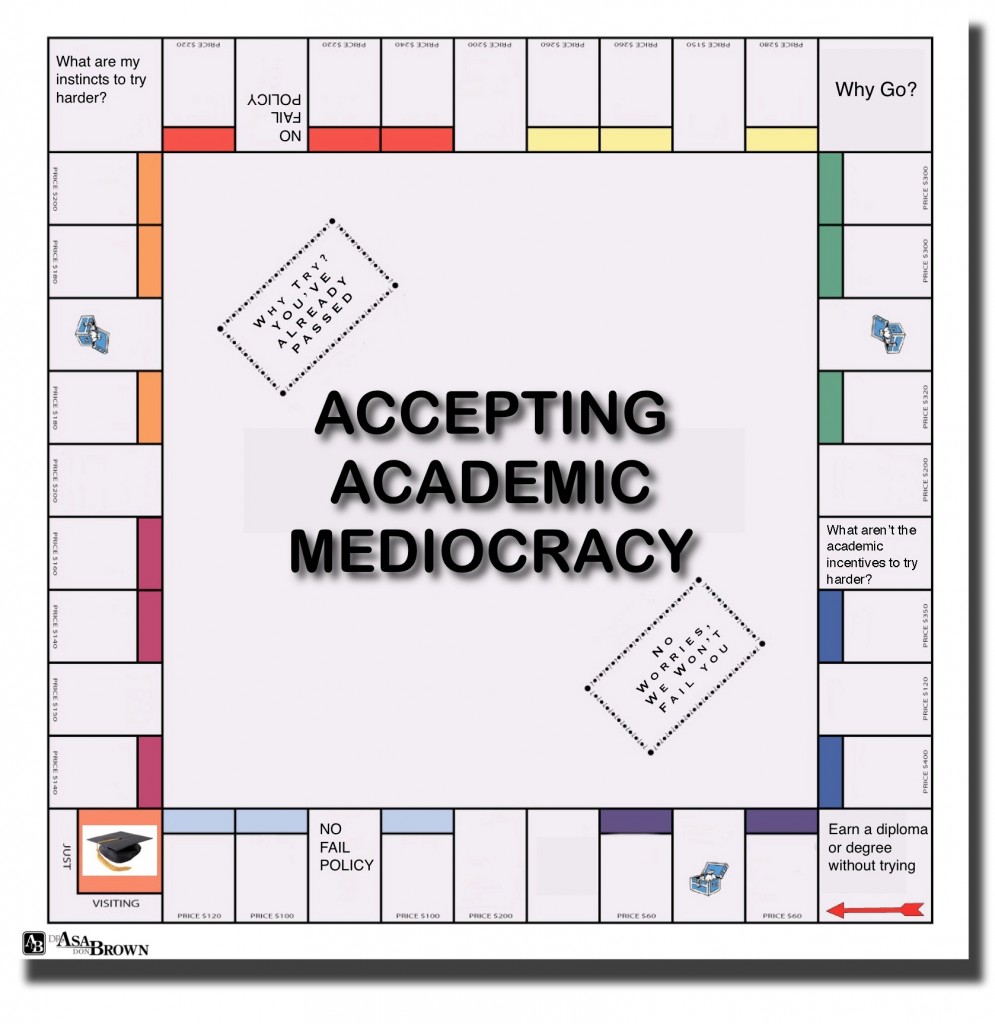 “No sooner met but they looked; no sooner looked but they loved; no sooner loved but they sighed; no sooner sighed but they asked one another the reason; no sooner knew the reason but they sought the remedy; and in these degrees have they made a pair of stairs to marriage.” ~ William Shakespeare
“No sooner met but they looked; no sooner looked but they loved; no sooner loved but they sighed; no sooner sighed but they asked one another the reason; no sooner knew the reason but they sought the remedy; and in these degrees have they made a pair of stairs to marriage.” ~ William Shakespeare
As a husband of 17 years, I can inform you that marriage is a lifelong education. Marriage is the essence of life and it has an intrinsic way of wholly consuming every aspect of life. While the consumption is likely, the type of consumption can be a profitable experience rather than a drudgery.
Furthermore, marriage is a lifelong commitment. The commitment cannot solely be an individual endeavor, rather marriage is a joint effort. As a clinician, I am always amazed that the assumption of marriage is viewed from a myopic perspective, rather than a hyperopic one. Marriage is not a singular ideological framework, rather it devised of two perspectives uniting together to become one. While you can rest assured that your ideological views surely will cross, it is always essential to come to a place to agree-to-disagree. Moreover, while there are no perfect marriages, the highlight of every marriage is to strive for an unified best!
KEEPING THE LOVE LIGHT BURNING
“A successful marriage requires falling in love many times, always with the same person.” ~ Mignon McLaughlin
Marriage is an ultimate sacrifice of thyself and thy personhood. It is through the sacrifice that we learn to serve and to be served. Marriage is the best reminder of why it is important to love thyself. While many utter words of love, few completely understand the roots of love. Love is an intense feeling of deep affection, admiration, respect and warm approval. Without love, there is likely no attachment or affection. Nevertheless, you can be the best of friends and not be “in love.” Moreover, love must begin within you before it can be expressed outwardly.
What does it mean to be in love? Being in love is not a mystical experience, having hidden or esoteric meanings. Rather, being “in love’ is within anyone’s reach and is a response to reactions in our brain, but connecting to the “right” person is often the challenge. You cannot force a person to “be in love.” If you partner is not “in love” with you, then the likelihood of making that connection is null.
*The views expressed by our authors are personal opinions and do not necessarily reflect the views of the CCPA
